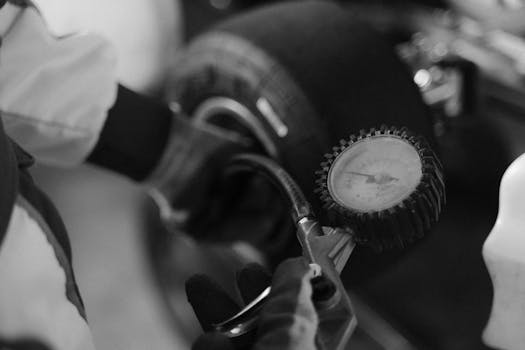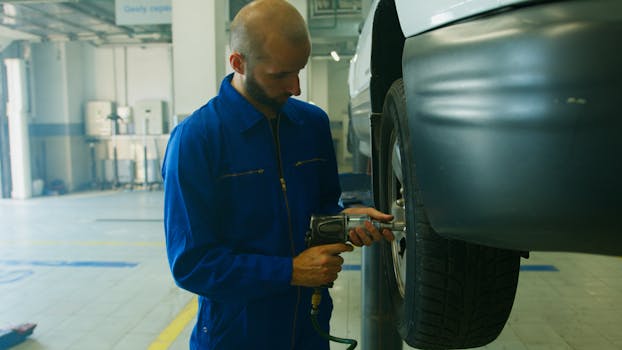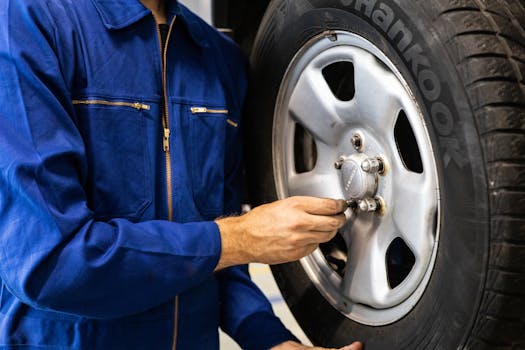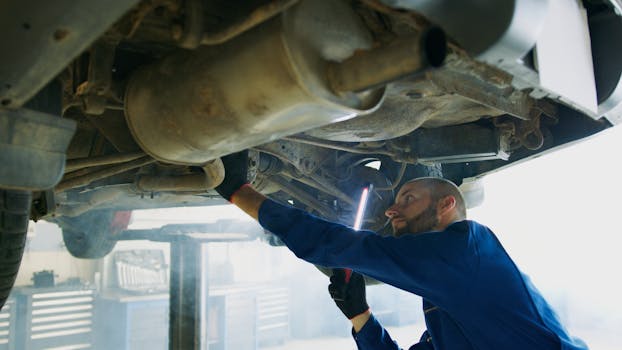
The Importance of Regular Vehicle Maintenance for Longevity
Takeaways: Regular vehicle maintenance is essential for enhancing the lifespan of your car. It helps in identifying potential issues early, ensuring safety, improving performance, and maintaining resale value. Understanding and implementing a good maintenance routine can save you money and keep you safe on the road.
Owning a vehicle comes with significant responsibilities, and one of the most important is ensuring it receives regular maintenance. Just like any other machine, vehicles are subject to wear and tear. Regular maintenance helps prevent unexpected breakdowns and costly repairs while significantly extending the life of your vehicle. In this article, we will explore the importance of regular vehicle maintenance, what it entails, and how it contributes to the overall longevity of your car.
Understanding Vehicle Maintenance

Many vehicle manufacturers recommend specific maintenance schedules, which include a variety of services that should be performed at various intervals. Adhering to these schedules not only helps keep your vehicle running smoothly but also can prevent minor issues from developing into major problems. For instance, neglecting an oil change can lead to engine wear, resulting in costly repairs.
Benefits of Regular Vehicle Maintenance

1. Enhanced Safety
Safety should always be a priority when it comes to vehicle operation. Regular maintenance checks help identify potential safety issues such as worn brake pads, low tire pressure, or malfunctioning lights. By addressing these issues promptly, you can ensure that your vehicle remains safe for you and your passengers.
2. Improved Performance
A well-maintained vehicle performs better. Regular oil changes, air filter replacements, and tire rotations can improve fuel efficiency and enhance the overall driving experience. For example, a clean air filter allows for better airflow to the engine, which can improve acceleration and reduce fuel consumption.
3. Cost Savings
While regular maintenance may seem like an added expense, it can save you money in the long run. Preventative maintenance can help catch minor issues before they develop into major repairs, which can be significantly more costly. Additionally, a well-maintained vehicle is less likely to suffer from breakdowns that could lead to expensive towing fees and emergency repairs.
4. Increased Resale Value
If you plan to sell or trade in your vehicle in the future, maintaining it regularly can help retain its value. Prospective buyers are more likely to purchase a vehicle with a documented maintenance history. This not only shows that the vehicle has been well cared for but can also justify a higher asking price.
5. Environmental Impact
Regular maintenance also contributes to a reduced environmental impact. A well-tuned engine operates more efficiently, producing fewer emissions. By ensuring that your vehicle is in optimal condition, you are contributing to a cleaner environment.
Essential Maintenance Tasks

- Oil Changes: Regular oil changes are crucial for engine health. Follow the manufacturer’s recommendations for frequency.
- Tire Maintenance: Regularly check tire pressure, tread depth, and perform rotation as needed to ensure even wear.
- Brake Inspections: Brakes are vital for safety. Have them inspected regularly and replace pads and rotors as necessary.
- Fluid Checks: Regularly check and top off fluids, including coolant, transmission fluid, brake fluid, and windshield washer fluid.
- Battery Maintenance: Check battery terminals for corrosion and ensure the battery is functioning properly.
Conclusion








